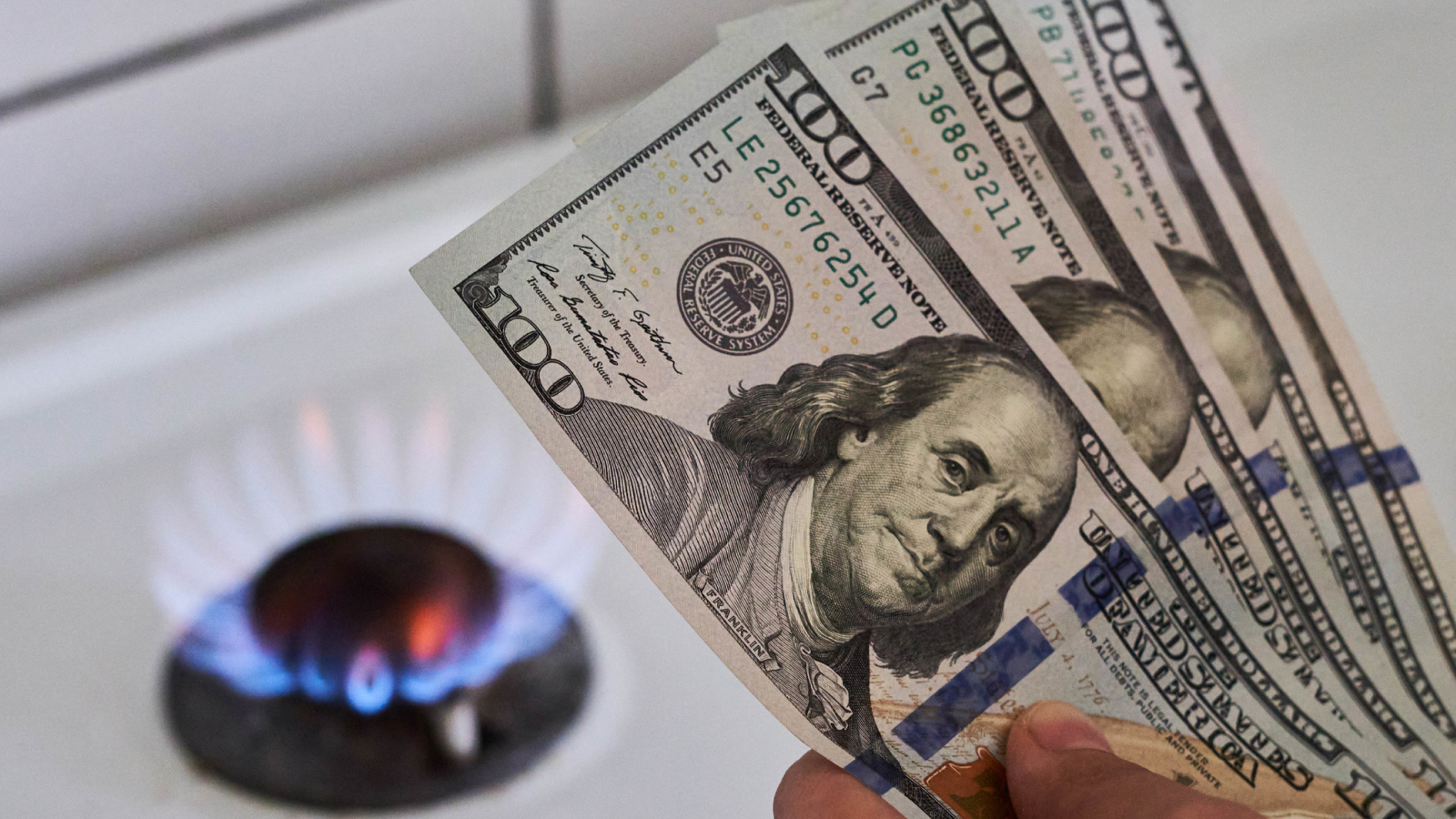“The air that’s in here is about 74 degrees, and you’re getting air that’s infiltrating, that’s about 70 something degrees,” Toth said. “That’s gonna cost you money to condition that air coming in.”
So he recommends you seal up doors that lead you outside. The door Toth showed Spectrum News has a gasket on the inside. With it, his device can’t detect any air escaping. He said gasket kits aren’t too expensive.
“You just cut em to fit,” Toth said. “They have directions on them and they just screw right into the wood or the steel.”
Or there is special caulk on the outside of the door. Toth showed Spectrum News a door without the caulk applied.
“There’s no caulk on this door, which is allowing air and all other elements to come in,” he said.
Toth showed Spectrum News a door with the caulking.
“It hasn’t moved over the years,” he said. “You can see that it’s weathered, but it’s still doing its job. These caulks can be found at your regular box stores that any homeowner can put on.”
With heating costs going up, Toth said it’s a good idea to have a professional come and inspect your furnace, because it could be out of spec, costing you more money. He said a quick tune-up can keep your heating costs lower for years before it needs another adjustment.
“It’s worth the cost to have that done to save you the amount of money you’ll have in those next few years,” Toth said.
And if you’re looking for a new furnace, Toth said they can be up to 50% more expensive than they were several years ago. But he said the Inflation Reduction Act passed by Congress could give homeowners a tax credit if they buy a new furnace, which could offset the increase in the cost.
“There are incentives through this act to get your money back to get a tax credit,” Toth said. “Which would offset the cost of it being installed at a higher price back to maybe a price pre-Covid.”
Toth said the best way to learn about whether you can get this tax credit is to call your HVAC contractor.

